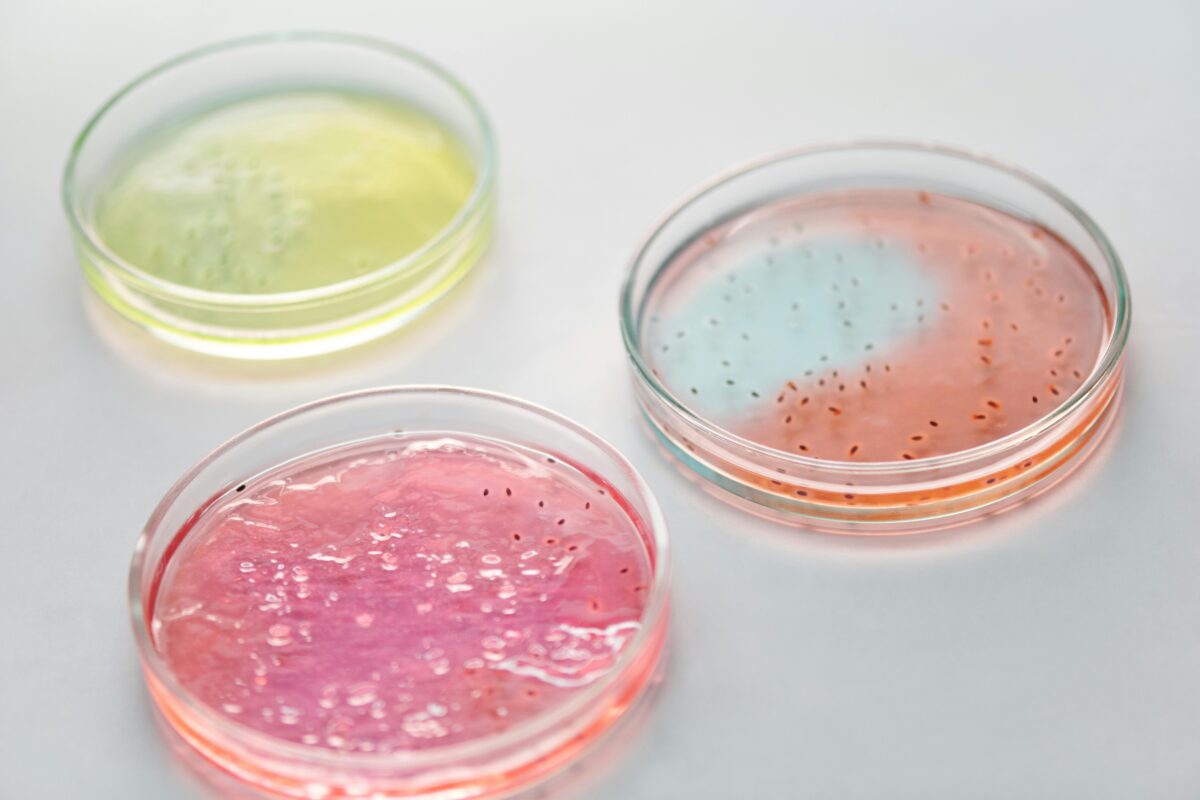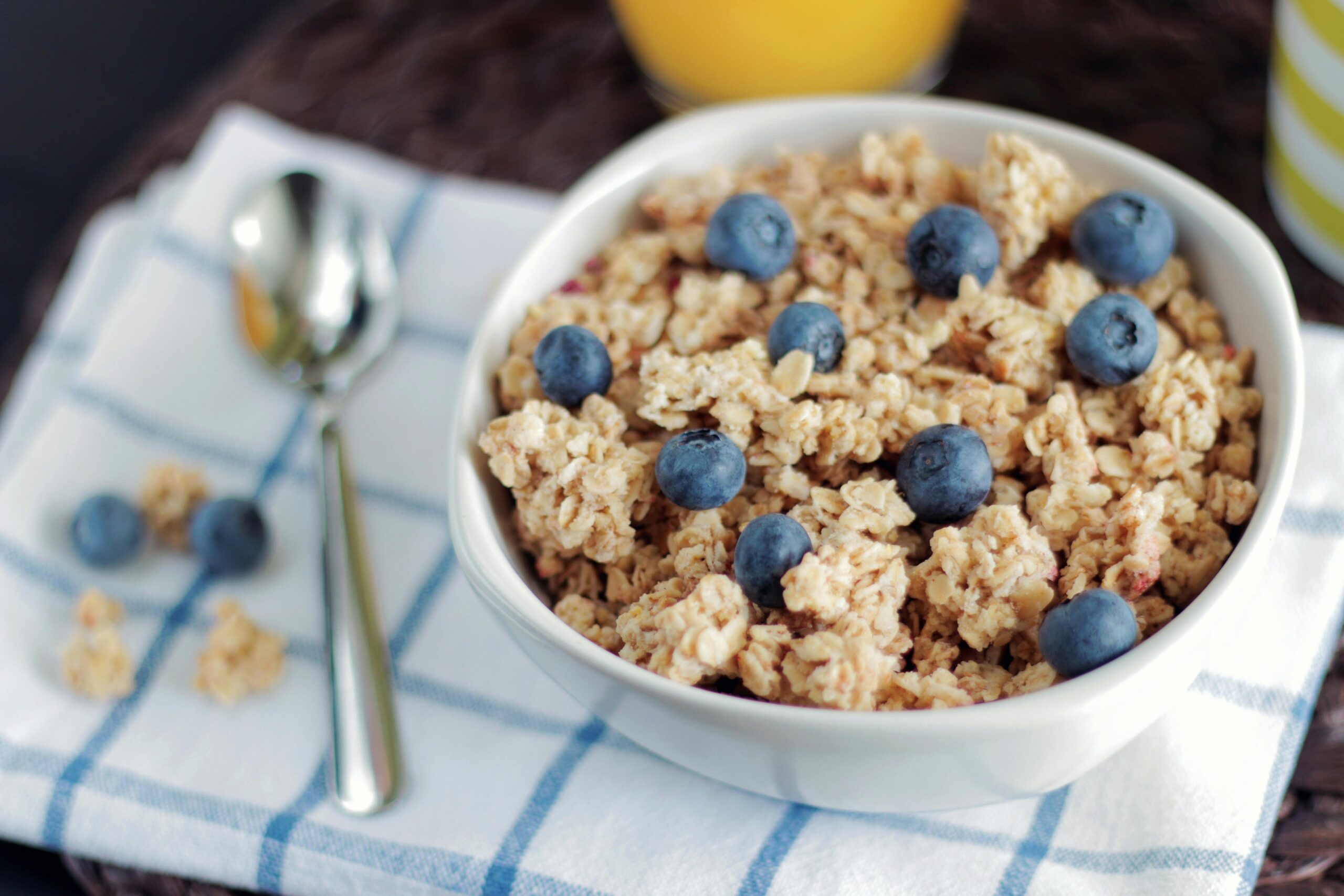We’ve long been told that giving up meat and dairy is the ultimate path to better health. And while there’s no denying the benefits of a plant-forward diet, groundbreaking new research reveals a surprising truth about your gut: simply cutting out animal products might not be enough to achieve true internal balance. In fact, what you add to your plate – specifically, the sheer variety of plant-based foods – could be the real game-changer for your inner ecosystem, regardless of whether you still enjoy a burger or a block of cheddar.
Your gut is home to trillions of microscopic residents – bacteria, viruses, fungi, and more – collectively known as your gut microbiome. These tiny tenants play an enormous role in everything from how you digest food and absorb nutrients to your immune system and even your mood. Just like any thriving community, a diverse and healthy population is essential for its stability and effectiveness. So, what influences the residents of your gut? It turns out, it’s largely the food you eat.
This eye-opening study, published in the prestigious journal Nature Microbiology, dives deep into the guts of over 21,000 people to untangle the complex relationship between diet and your inner microbial world. What they uncovered challenges some widely held assumptions about what makes a “healthy” diet. While a varied diet rich in vegetables has always been beneficial, this research offers a nuanced perspective: it’s not just about what you exclude, but the diversity and quality of the plant-based foods you embrace.
Unpacking the Research: How Scientists Studied Our Guts
To truly understand diet’s impact, researchers needed a massive dataset, and they certainly delivered. This wasn’t a small-scale experiment; it involved an unprecedented 21,561 individuals from the United States, the United Kingdom, and Italy. Participants were grouped into three main dietary categories: omnivores (eating meat, dairy, and vegetables), vegetarians (excluding meat), and vegans (excluding all meat, dairy, and other animal products).
The team didn’t just ask people about their eating habits; they meticulously analyzed stool samples from each participant using a technique called “shotgun metagenomic sequencing.” This method allowed them to identify the specific species of bacteria present and even predict their functions – what jobs they perform in the gut. Beyond simply noting dietary patterns, the researchers also looked at the regular consumption of over 150 individual foods per person, using detailed food frequency questionnaires. This comprehensive approach provided a rich source of data, allowing them to draw powerful connections between diet, specific microbes, and overall health.
Diet and Your Digestive Doings: Key Microbiome Findings
The study’s findings paint a fascinating picture of how different diets shape the gut microbiome:
- The Omnivore Gut: For those who eat everything, red meat emerged as a powerful influencer on their gut microbiome. Specific microbes like Ruminococcus torques, Bilophila wadsworthia, and Alistipes putredinis were found in higher numbers in omnivore guts. These microbes are linked to things like protein fermentation (the breakdown of proteins) and bile-acid resistance. While some aspects of this are normal, some of these “omnivore signature microbes” have been linked to poorer heart and metabolic health markers. Essentially, a diet high in animal foods can lead to increased protein fermentation, which may contribute to inflammation in the gut.
- The Vegan Gut: Conversely, vegan microbiomes displayed a distinct profile, often associated with favorable markers for heart and metabolic health. Key players here were microbes known as “butyrate producers” – such as Lachnospiraceae, Butyricicoccus sp., and Roseburia hominis. Butyrate is a beneficial compound produced when gut bacteria ferment dietary fiber, crucial for a healthy gut lining and reducing inflammation. These microbes are highly specialized in breaking down dietary fiber. Vegans also had the fewest food-associated bacteria in the microbiome, with the exception of those from fruits and vegetables, which were most present.
- The Vegetarian Gut: Vegetarians, who exclude meat but typically consume dairy, showed an interesting blend. While their microbiomes shared some characteristics with vegans due to their plant-rich intake, they also harbored a greater number of bacteria linked to dairy products. A notable example is Streptococcus thermophilus, a common starter culture found in yogurt and cheese, which was significantly more abundant in vegetarians compared to vegans. Other dairy-linked bacteria like Lactobacillus acidophilus were also more associated with omnivore and vegetarian diets than vegan diets. This highlights that dairy consumption plays a significant role in shaping the gut microbiome, distinguishing vegetarians from vegans.
One of the most thought-provoking findings was this: the overall health of your gut microbiome, as measured by a healthy plant-based diet index (hPDI), correlated consistently across all dietary patterns. This reveals that if a beneficial microbe was linked to a high intake of healthy plant foods in omnivores, the same microbe would show similar positive associations in vegetarians and vegans. This strongly suggests that even omnivores can cultivate a healthier gut by focusing on increasing the diversity of plant-based foods in their diet, even if they don’t completely abandon meat or dairy.
Beyond Labels: What Your Gut Really Needs
Ultimately, this monumental study delivers a powerful, yet simple, message for anyone looking to optimize their gut health: don’t just consider what you’re taking out, but what you’re adding. A diet rich in a variety of plant-based foods, especially those high in fiber, appears to be crucial for a thriving and diverse gut microbiome, which in turn is linked to better heart and metabolic health. While avoiding meat and dairy can be part of a healthy strategy, it’s not a standalone solution. The true key lies in cultivating a diverse internal garden by nourishing it with a wide array of plant-based foods.
Paper Summary
Methodology
This study analyzed gut microbiome data from 21,561 individuals across the US, UK, and Italy. Participants, categorized as omnivore, vegetarian, or vegan, provided stool samples for shotgun metagenomic sequencing to identify gut microbes. Dietary habits were detailed via food frequency questionnaires, and a healthy plant-based diet index (hPDI) was used to assess plant food consumption.
Results
Distinct gut microbiome profiles were found for each diet. Omnivore microbiomes were influenced by red meat and featured microbes (e.g., Ruminococcus torques) negatively correlated with cardiometabolic health. Vegan microbiomes were enriched with beneficial butyrate-producing bacteria (e.g., Lachnospiraceae) and linked to favorable cardiometabolic markers. Dairy consumption differentiated vegetarian and omnivore microbiomes from vegan ones, with dairy-linked bacteria (e.g., Streptococcus thermophilus) more abundant. Critically, increased diversity and quantity of plant-based foods positively impacted the gut microbiome across all diet types.
Limitations
The study notes that some participants may have recently changed diets, potentially affecting microbial classifications. While dietary patterns were partly confirmed by DNA in stool, greater sequencing depth would be needed for a primary focus on this. Reliance on self-reported dietary information is also a potential source of bias.
Funding and Disclosures
The research received European funds. Several authors are affiliated with ZOE Ltd., which was involved in the PREDICT program, the source of three study cohorts.
Publication Information
Title: Gut microbiome signatures of vegan, vegetarian and omnivore diets and associated health outcomes across 21,561 individuals Authors: Gloria Fackelmann, Paolo Manghi, … Nicola Segata (et al.) Journal: Nature Microbiology DOI: https://doi.org/10.1038/s41564-024-01870-z Published Online: January 6, 2025












